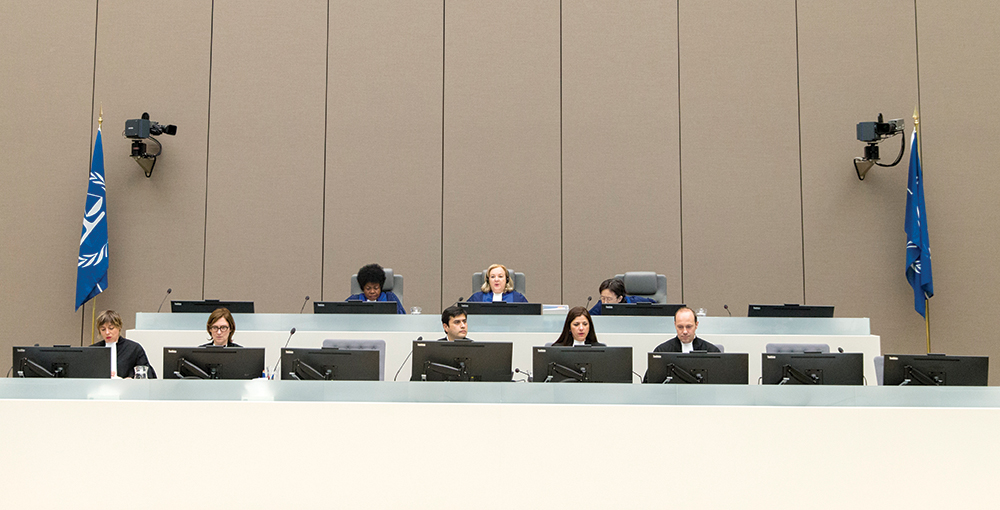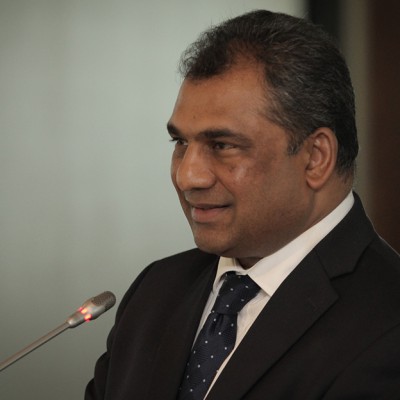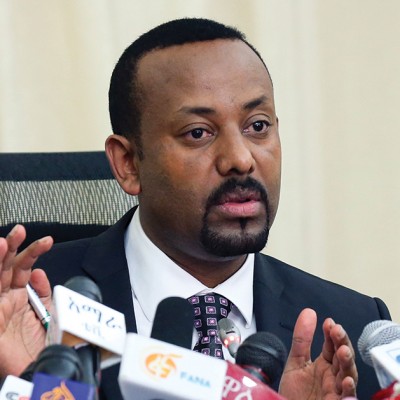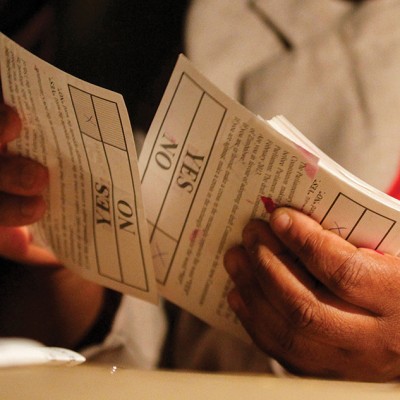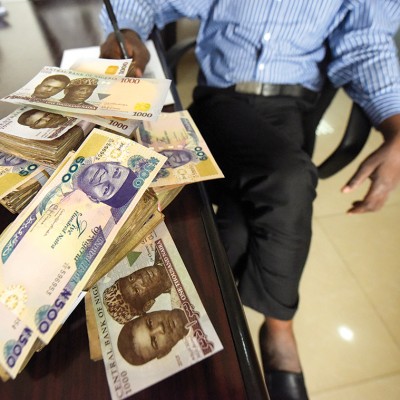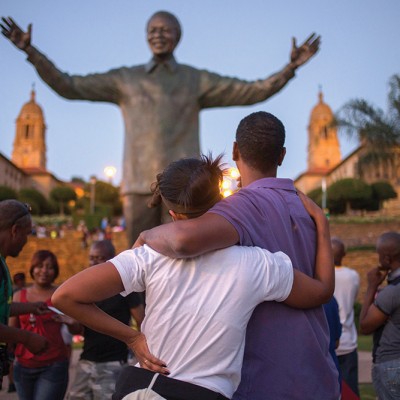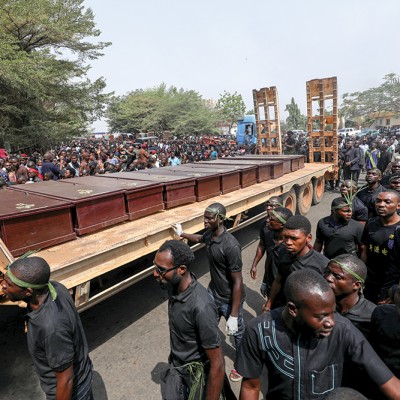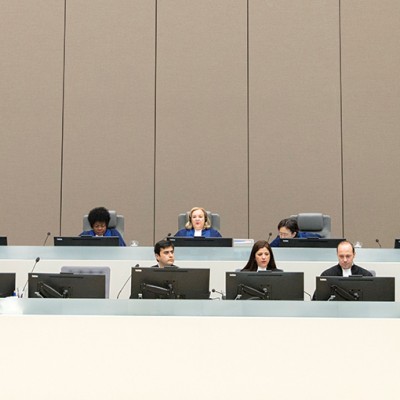A rather surprising and astonishing ruling was taken on 8 June 2018 at The Hague by the Appeals Chamber of the International Criminal Court (ICC) in the case of The Prosecutor v. Jean-Pierre Bemba Gombo.1 The Appeals Chamber reversed the decision of the Trial Chamber III of 21 March 2016, entitled “Judgment pursuant to Article 74 of the Statute”. The Trial Chamber had in its decision found Bemba of the Democratic Republic of the Congo (DRC), as a person effectively acting as a military commander, guilty of war crimes and crimes against humanity.2 These crimes were proved beyond reasonable doubt to have been committed in the Central African Republic (CAR) from on or about 26 October 2002 to 15 March 2003 when Bemba as president of the Mouvement de libération du Congo (MLC), a political party founded by him, and Commander-in-Chief of its military branch, the Armée de libération du Congo (ALC), sent its troops to rescue President Ange Felix Patassé whose power in the CAR was threatened by a rebel movement led by Army General François Bozizé.
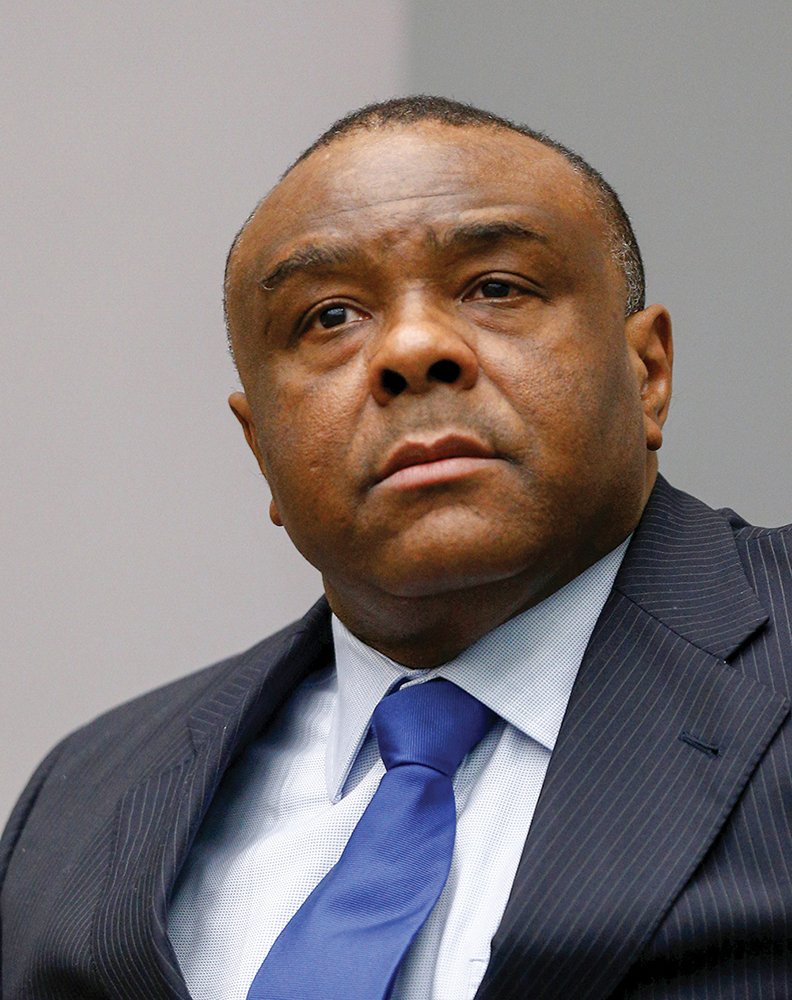
The Appeals Chamber reversed this decision on two grounds and acquitted Bemba. This decision is quite surprising as the grounds for acquittal seem to be inconsistent from an international criminal law perspective. Furthermore, with regard to the political context in the DRC, one could perceive it as a political decision aimed at threatening the acting DRC President, Joseph Désiré Kabila, who is not in a hurry to organise free and fair elections and leave power, and is in the meantime shielding himself using article 70 of the Congolese Constitution. The President of the Republic is elected by direct universal suffrage for a term of five years which is renewable only once. At the end of his term, the President stays in office until the President-Elect effectively assumes his functions. This analysis therefore focuses on some elements of the grounds that led to the acquittal of Bemba and demonstrates how inconsistent they are, before concluding that it is possible that the ICC was manipulated for political reasons, namely to set free a Congolese political leader who could potentially overthrow Kabila from power in the DRC.
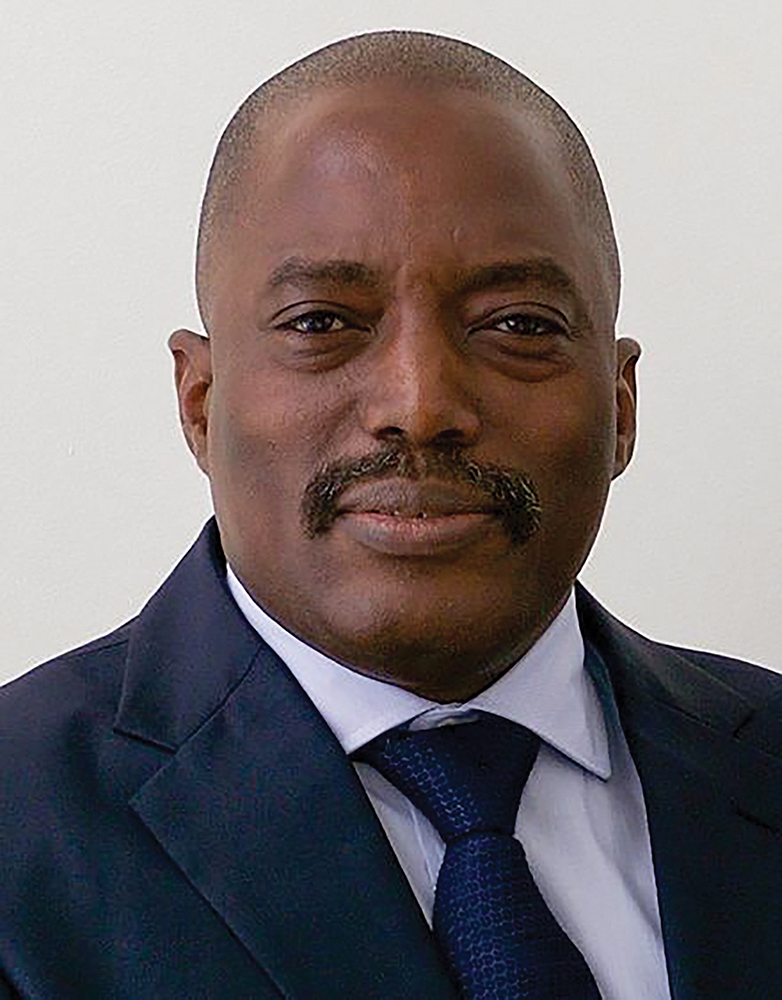
The Creation of the Concept of “Remote Commander” as an Exonerating Factor
The Appeals Chamber acquitted Bemba on the basis that he was a remote commander of the MLC troops in CAR. In the words of the Appeals Chamber, “the Trial Chamber paid insufficient attention to the fact that the MLC troops were operating in a foreign country with the attendant difficulties on Mr. Bemba’s ability, as a remote commander, to take measures”.3 This opens a door for all military commanders to possibly escape criminal responsibility for crimes committed by forces under their effective authority, command and control: it means that as soon as one can prove that he was far enough from the active war, the Court can conclude that he was unable to take all the necessary and reasonable measures to prevent or repress the crimes. This exonerating factor is very questionable especially given the technology available at the time the crimes were committed. With modern technology, one does not need to be in the active war zone to have effective authority, control or command over troops. This can be done effectively using modern communication technologies such as video conferences or social media.
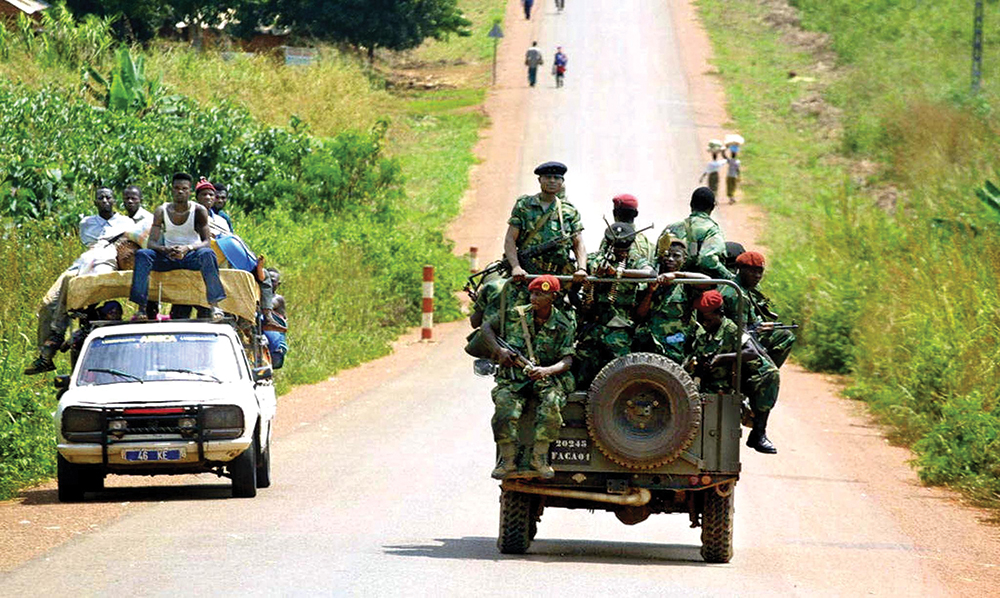
In addition, this exonerating factor does not fall within the exonerating grounds listed in article 31 of the Rome Statute nor in the Rules of Procedure and Evidence. Although article 31 authorises the Court to consider other exonerating grounds, these exonerating grounds shall be derived from applicable law as set forth in article 21, that is, inter alia applicable treaties and the principle and rules of international law, including established principles of the international law of armed conflicts. The theory of remote commander as an exonerating ground seems to find its sole and unique precedent in the case of The Prosecutor v. Alex Tamba Brima, Brima Bazzy Kamara and Santigie Borbor Kanu also known as AFRC (Armed Forces Revolutionary Council) Trial Judgment4 before the Special Court for Sierra Leone (SCSL). However, this case should be distinguished from the Bemba case for many reasons. First, it clearly and only says that “in a conflict characterized by the participation of irregular armies or rebel groups, the traditional indicia of effective control provided in the jurisprudence may not be appropriate or useful. As the Trial Chamber has observed, the formality of an organization’s structure is relevant to, but not determinative of, the question of the effective control of its leaders”.5 The AFRC case refers to top leaders of an irregular army but not the founder of such an army. There should actually be a strong presumption of effective control of a founder of an army over his forces and this presumption should be very determinative in assessing the effective control over said forces.
Second, the AFRC Trial judgment should be distinguished from the Bemba case as it goes further to explain that among the indicia which may be useful to assess the ability of superiors in such irregular armies to exercise effective control over their subordinates, one can list: the fact that the superior had first entitlement to the profits of war, such as natural resources; the superior had independent access to and/or control of the means to wage war; the superior rewarded himself or herself with positions of power and influence; the superior fuels or represents the ideology of the movement to which the subordinates adhere; and the superior interacts with external bodies or individuals on behalf of the group.6 Bemba can be said to fit with many of these criteria. Therefore, the theory of the remote commander should not have applied to Bemba’s case. Furthermore, if it is true that at the time the armed conflict in Sierra Leone took place, that is, between 1991 and 1997, it was difficult for a remote commander to communicate with his troops in the active war zone because of the lack of technological means to do so. But this is not necessarily true for the time period that the armed conflict in CAR took place, that is, between 2002 and 2003. For all these reasons, Bemba should not have been seen as a remote commander in the meaning of the SCSL in the AFRC Trial Judgment and this case could not have served as precedent. Moreover, the theory of remote commander cannot be considered, according to article 21 of the Rome Statute, neither as a rule or principle of international law, nor an established principle of the international law of armed conflict.

Once this precedent is distinguished, it appears that the Appeals Chamber has acted ultra vires (beyond its authority) in creating a norm that could dangerously be used as a binding precedent before the ICC. It is evident that if this exonerating factor was to constitute a precedent, it would permit a great number of people who bear the highest responsibility in the commission of crimes under the jurisdiction of the ICC to escape from justice. It does seem that this exonerating factor does not serve the interests of justice as it frustrates the hopes of the victims to see justice served. In addition, such a precedent may completely challenge article 28 of the Rome Statute which provides for the criminal responsibility of commanders and other superiors. The Appeals Chamber in the Bemba case noted that the Trial Chamber “ignored significant testimonial evidence indicating that Mr Bemba’s power to investigate crimes committed in the CAR was limited and that he faced logistical difficulties in conducting investigations”.7 The real question here is whether a reasonable person can believe such reasoning with regards to the real circumstances of the case and the great power that Bemba commanded. Accepting this exonerating factor means that article 28 applies only to military commanders who are present in the theater of war since all those who were absent from the actual war zone can just prove that they had “logistical difficulties”.
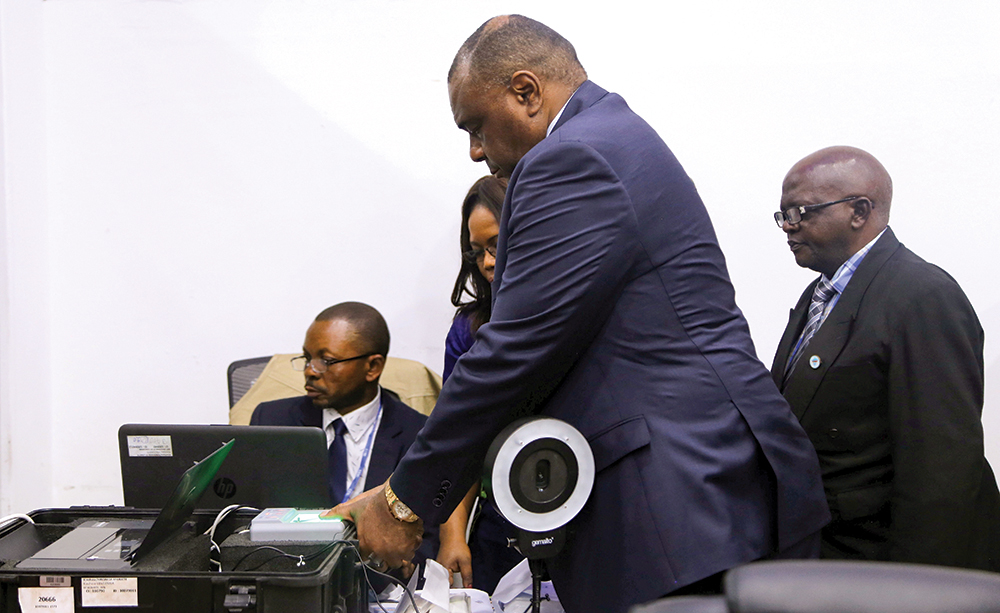
Reversal of a Conviction Decision Relating to Unconfirmed Charges Automatically Brings the Reversal of Criminal Acts Proved Beyond Reasonable Doubt
According to article 83 (2) of the Rome Statute, if the Appeals Chamber finds that the proceedings appealed from were unfair in a way that affected the reliability of the decision or sentence, or that the decision or sentence appealed from was materially affected by error of fact or law or procedural error, it may reverse or amend the decision or sentence; or order a new trial before a different Trial Chamber. It flows from this provision that the reversal of a decision is not automatic even though it is proved that the proceedings were unfair so as to affect the reliability of the decision or that the decision was affected by a factual, legal or procedural error. It is still within the powers of the Appeals Chamber either to correct such an error by amending the decision; or to order a new trial before another Trial Chamber. This decision will probably occur when the Appeal Judges are convinced that the accused is guilty beyond reasonable doubt and that it will not be fair for the victims or serve the interests of justice to set Bemba free by simply reversing the decision of the Trial Chamber. In such a case, it would be appropriate for the Appeals Chamber either to amend the decision or the sentence or order a new trial before a different Trial Chamber.
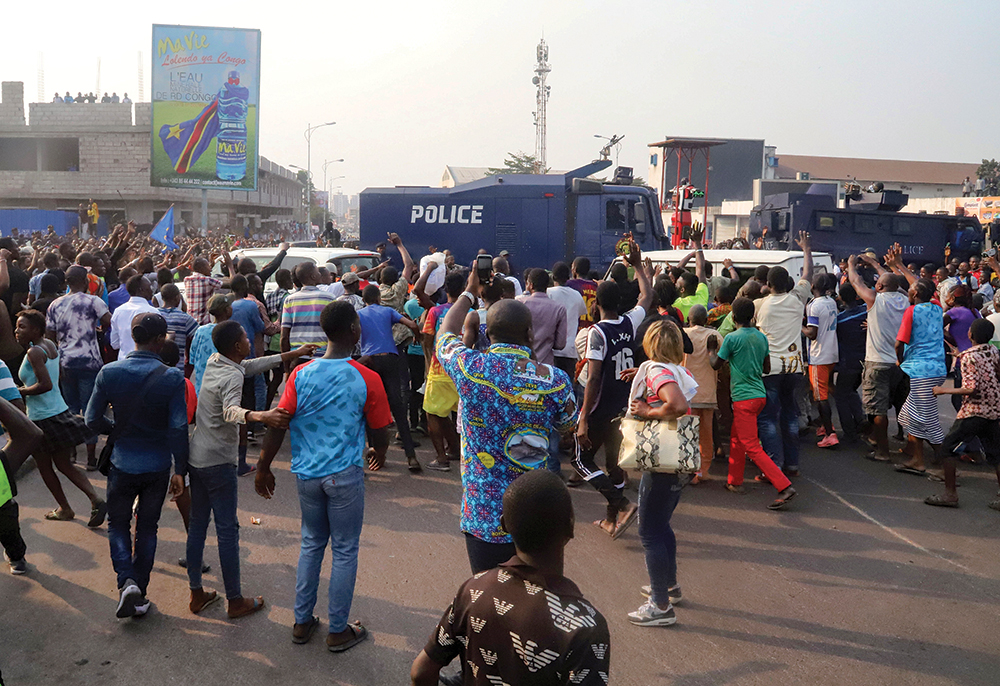
Laurent Trigeaud, a Law Professor in Paris, proposes that in such a situation, if the Appeals Chamber finds that a new trial would cause a hardship to the accused, then the Appeals Chamber should amend the decision itself,8 as the International Criminal Tribunal for Former-Yugoslavia did in the case of The Prosecutor v. Goran Jelisic. In this case, for example, the Appeals Chamber unanimously found that the Trial Chamber erred in finding the accused guilty of two murders under counts 16 and 17 of the second amended indictment when he in fact pleaded guilty to only one of the murders.9 However, instead of reversing the whole case because of the error of the Trial Chamber, the Appeals Chambers decided that, in the circumstances of the case, it was not appropriate to order that the case be remitted for further proceedings, declined to reverse the acquittal on the contested count for which there had been no guilty plea, but maintained the conviction for the other counts.
In the case of Bemba, the Appeals Chamber of the ICC argued that the Trial Chamber erred when convicting him for the criminal acts which did not fall within the facts and circumstances described in the charges in terms of article 74 (2) of the Rome Statute.10 Without going into further factual debates, it seems clear that when facts and circumstances are described in a broad manner, it gives the latitude to the prosecutor to add unlimited counts after the confirmation of the charges. It is therefore logical that the Appeals Chamber concluded that it was appropriate to reverse the conviction of Bemba and to declare that the criminal acts added after the confirmation of the charges were outside the scope of this case and that the proceedings in that regard were discontinued.11 Notwithstanding this, it appears quite astonishing that because of this error of the Trial Chamber, the Appeals Chamber entered an acquittal even for acts that have been proved beyond reasonable doubt before the Trial Chamber and which are neither disputed by the Prosecutor nor by the Appellant. In the words of the Appeals Chamber, “in relation to the remainder of the criminal acts of which Mr Bemba was convicted (…), it is appropriate to reverse Mr Bemba’s conviction and enter an acquittal as the error identified in the Trial Chamber’s finding on necessary and reasonable measures extinguishes in full his criminal liability for these crimes”.12
This clearly indicates that an error in a case that does not have any impact on the fairness of the procedure or on the fundamental rights of the accused still resulted in a whole case being reversed! This is quite surprising with regards to the precedents in international criminal law. It is thus understandable that two judges dissented from such a decision. They viewed “this as a significant and unexplained departure from the conventional standard of review for factual errors applied to date by the Appeals Chamber of [the] Court, as well as of all other international and internationalized courts and tribunals”.13 The dissenting judges on their own considered that it is not sufficient that there are “serious doubts” about a factual finding entered by the Trial Chamber. In fact, in case of doubt, the Appeals Chamber has two choices as per the Rome Statute, either “to review the evidence supporting the factual findings in question to itself determine the issue or to remand the matter to a trial chamber for that purpose”.14 Therefore, it is very difficult to understand why the Appeals Chamber decided to reverse the whole case against Bemba.
Possible Political Motives behind the Acquittal of Bemba
Without having to discuss in detail all the grounds invoked to set Bemba free, the major elements have been discussed and it is obvious that this decision of the Appeals Chamber will not stand as a binding precedent before the ICC. It seems clear that the Appeals Chamber erred in considering that an error in a case shall automatically bring the whole case to be reversed. Bemba’s freedom means that he can now pursue presidential elections in the DRC, as he might be the only person who can challenge President Kabila’s power. Bemba appears to be the only Congolese political leader who has a great political base compared to the other leaders who do not have the same established base. In addition, in 2006, he was one of the DRC’s vice-presidents following the Peace Agreement. Also, Kabila’s presidential mandate expired in November 2016. However, he is hiding behind article 70 of the Congolese Constitution which provides that: “At the end of his term, the President stays in office until the President-Elect effectively assumes his functions”. This provision clearly means that Kabila can stay in power for years until a new presidential election is organised.
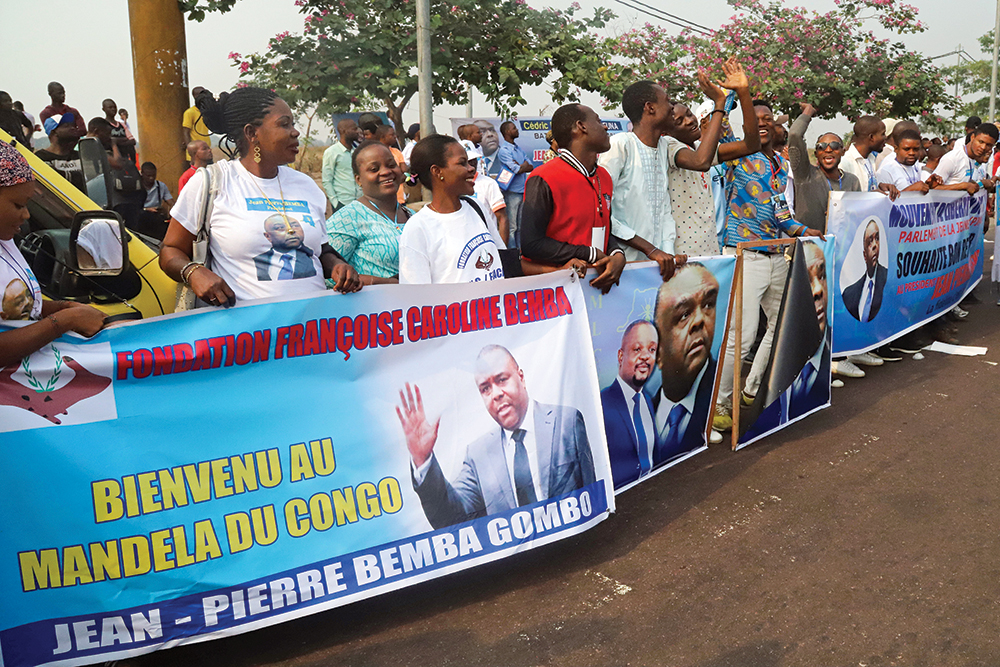
It is clear that this situation is very inconvenient for the bilateral partners of the DRC and the United Nations (UN) as this situation has caused the DRC to fall into another circle of political tensions. If nothing is done to address these tensions, this situation could lead to another war in the DRC and will, of course, be interpreted as a failure of the UN to bring peace and security in the country. Furthermore, the human rights situation is also very negative as everybody has witnessed the violent repression of protests, in January 2018, organised by the Catholic Church in the DRC. Human Rights Watch reports that “Congolese security forces shot dead nearly 300 people during political protests over the past three years. Since December, security forces have hit a new low by firing into Catholic [C]hurch grounds to disrupt peaceful services and protest marches following Sunday mass”.15 Similar to this example, many human rights abuses occur almost daily in the DRC and have led more than 4.5 million Congolese to flee their homes.16 It is clear that the political situation is very volatile in the DRC, democratic processes are impeded, and that blatant human rights abuses are committed by government forces and all the rebel groups and multinational companies involved in the illegal exploitation of natural resources.
Kabila is for all these reasons no longer regarded as a legitimate president of the DRC and the leader that can bring peace and security to the country and the Great Lakes region as a whole. Could the ICC have been manipulated by those who uphold prescriptive democratic ideals and who have the necessary power to impose “democracy” in developing countries? The possible manipulation of the ICC could have led to Bemba’s freedom and he can now challenge the presidential elections in the DRC. There is a strong presumption that things may quickly evolve in this direction. If the future proves this reasoning to be true, one could conclude, as done by President Yoweri Museveni of Uganda, that the ICC is influenced by western powers to put in place African leaders of their choice and to challenge those that they do not like or deem fit.17
Endnotes
- Case No. ICC-01/05-01/08 A.
- Case No. ICC-01/05-01/08.
- Case No. ICC-01/05-01/08 A, para. 171.
- SCSL, Prosecutor v. Alex Tamba Brima, Brima Bazzy Kamara and Santigie Borbor Kanu, Case n° SCSL-04-16-T, Trial Chamber II, 20 June 2007.
- Ibid. para. 787.
- Ibid. para. 788.
- Case No. ICC-01/05-01/08 A Summary of the Appeal Judgment, para. 25.
- Trigeaud, Laurent (2012) Article 83: Procédure d’appel. In Fernandez, Julian and Pecreau, Xavier (eds.), Statut de Rome de la Cour pénale internationale. Commentaire article par article, Paris : Pedone, p. 1769.
- ICTY, The Prosecutor v. Goran Jelisic, case n° IT-95-10-A, 5 July 2001, p. 41.
- Case No. ICC-01/05-01/08 A, para. 196.
- Ibid. para. 197.
- Ibid. para. 198.
- Case No. ICC-01/05-01/08 A, Summary of the Appeal Judgment, para. 36.
- Ibid.
- Human Rights Watch (2018), ‘Democratic Republic of Congo in Crisis’, Available at: <http://www.hrw.org> [Accessed 17 July 2018].
- Ibid.
- Foka Taffo, Frédéric (2018) Le Pouvoir Discrétionnaire du Procureur de la Cour Pénale Internationale, Baden-Baden (Germany): Law and Constitution in Africa, N° 36, Nomos, 2018, p. 93.

